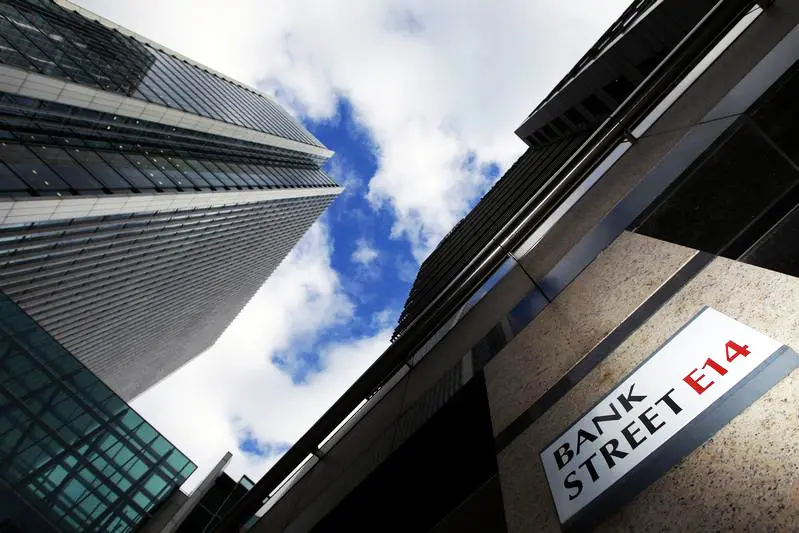PHOTO
* UAE has "continued commitment" to dollar peg - c.bank gov
* Watching banking system for risks from lower oil price
(Adds detail, context)
By Tom Arnold
DUBAI, Nov 16 (Reuters) - There would be an "appropriate adjustment" in interest rates in the United Arab Emirates following any hike in rates in the United States, the governor of the Gulf Arab state's central bank said on Monday.
Mubarak Rashid al-Mansouri also told a banking conference in Dubai it was closely monitoring the banking sector to ensure risks, including lower oil prices and customer deposits, do not escalate into a wider problem.
Speaking on interest rates, Mansouri said the "immediate impact on our side will be an appropriate adjustment of our ... rates, especially at the short end."
Upward pressure on rates was expected to increase if and when the U.S. Federal Reserve starts tightening monetary policy in coming months.
Gulf Arab states including the UAE tie their currencies to the U.S. dollar, limiting their room to pursue independent monetary policies, and the UAE governor reiterated its "continued commitment" to the peg on Monday.
Not all countries in the region have been as explicit in following U.S. moves as the UAE though: Qatar's central bank governor said last month it saw no reason to imitate any U.S. hike due to rising liquidity in the local banking system.
Three-month money market rates in the UAE
BANKING SYSTEM
Mansouri also said the central bank was watching the local banking system for signs of stress.
"With the major stakeholders, the central bank is closely monitoring the financial soundness indicators for the banking sector to make sure potential vulnerabilities are identified and appropriate measures are taken on time to hedge against risks that could escalate to a full-blown crisis as our experience has taught us," Mansouri said.
UAE banks at the end of the last decade were hit by a local real estate crash and a debt crisis at Dubai state-linked companies, which forced them to set aside significant cash for bad loans, crimped profits for a number of quarters, and increased loan rates.
Mansouri added that among the main challenges for the banking system were a global economic slowdown, lower oil prices, which could lead to further fiscal consolidation, and further tightening in bank liquidity due to a slowdown in customer deposit levels.
While system-wide deposits continue to grow -- rising 1.6 percent year on year in September, according to the latest central bank data -- a number of local banks have seen a decline as lower oil revenue has reduced the amount of cash being placed on deposit.
National Bank of Abu Dhabi
($1 = 3.6726 UAE dirham)
(Additional Reporting by Archana Narayanan; Writing by David French; Editing by Sam Holmes) ((davidj.french@thomsonreuters.com; +971 4 362 5864; Reuters Messaging: davidj.french.thomsonreuters.com@reuters.net))
Keywords: EMIRATES CENBANK/





















